How has your View of leadership changed?
Every boat needs a captain. Every team needs a coach. Every church needs a pastor. It doesn’t matter where you are in the world, every community and organization needs a leader — someone to guide the group towards accomplishing their common goal and achieving success. And as leaders step into their roles, their leadership strategies may evolve through experience, added responsibilities and personal growth. It’s all part of the process. For this story, B Magazine reached out to different leaders in our community with this question: “How has your view of leadership changed over the years?” Here are their submitted responses. Some have been edited for clarity.
Every boat needs a captain. Every team needs a coach. Every church needs a pastor. It doesn’t matter where you are in the world, every community and organization needs a leader — someone to guide the group towards accomplishing their common goal and achieving success.
And as leaders step into their roles, their leadership strategies may evolve through experience, added responsibilities and personal growth. It’s all part of the process.
For this story, B Magazine reached out to different leaders in our community with this question: “How has your view of leadership changed over the years?”
Here are their submitted responses. Some have been edited for clarity.
Tom Matukewicz Head football coach, Southeast Missouri State University
I’ve always known leadership matters. Now, I believe there is nothing more important. Leadership is not a title or a role, it’s an activity. When you reverse engineer any accomplishment, it starts with leadership. Leaders create the culture that drives the behaviors that ultimately create the results.
[During] my third year at Southeast Missouri State University, I had my “ah ha” moment. We had just lost a close game. I talked to the team and then went to do my media obligations. I usually don’t go back into the locker room, but I had left my backpack. When I walked in, what I saw made my knees buckle. There was trash everywhere! My initial reaction was anger at my team, but what I realized was that this [situation] reflected my poor leadership. Every player and every coach walked past the trash and thought that was acceptable. The standard you walk past is the new standard that you set. Raise your standards and you lose your underachievers. Lower your standards and you lose your high achievers.
The only things that happen naturally in teams are conflict, confusion [and] complacency. Everything else requires leadership. We’re not just competing against our competition; we’re fighting biology. So, take the time to build skill and BE the leader your team needs.
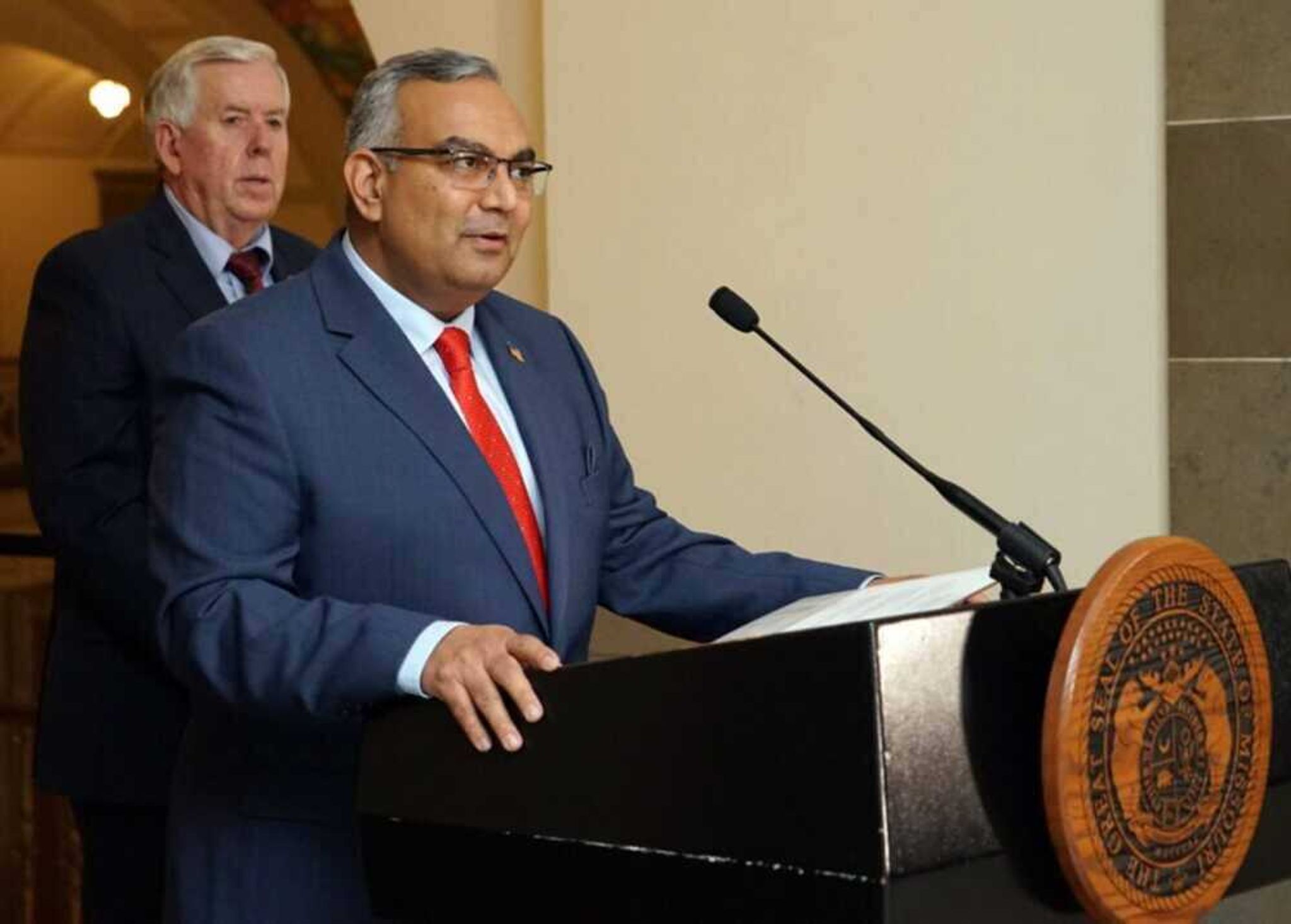
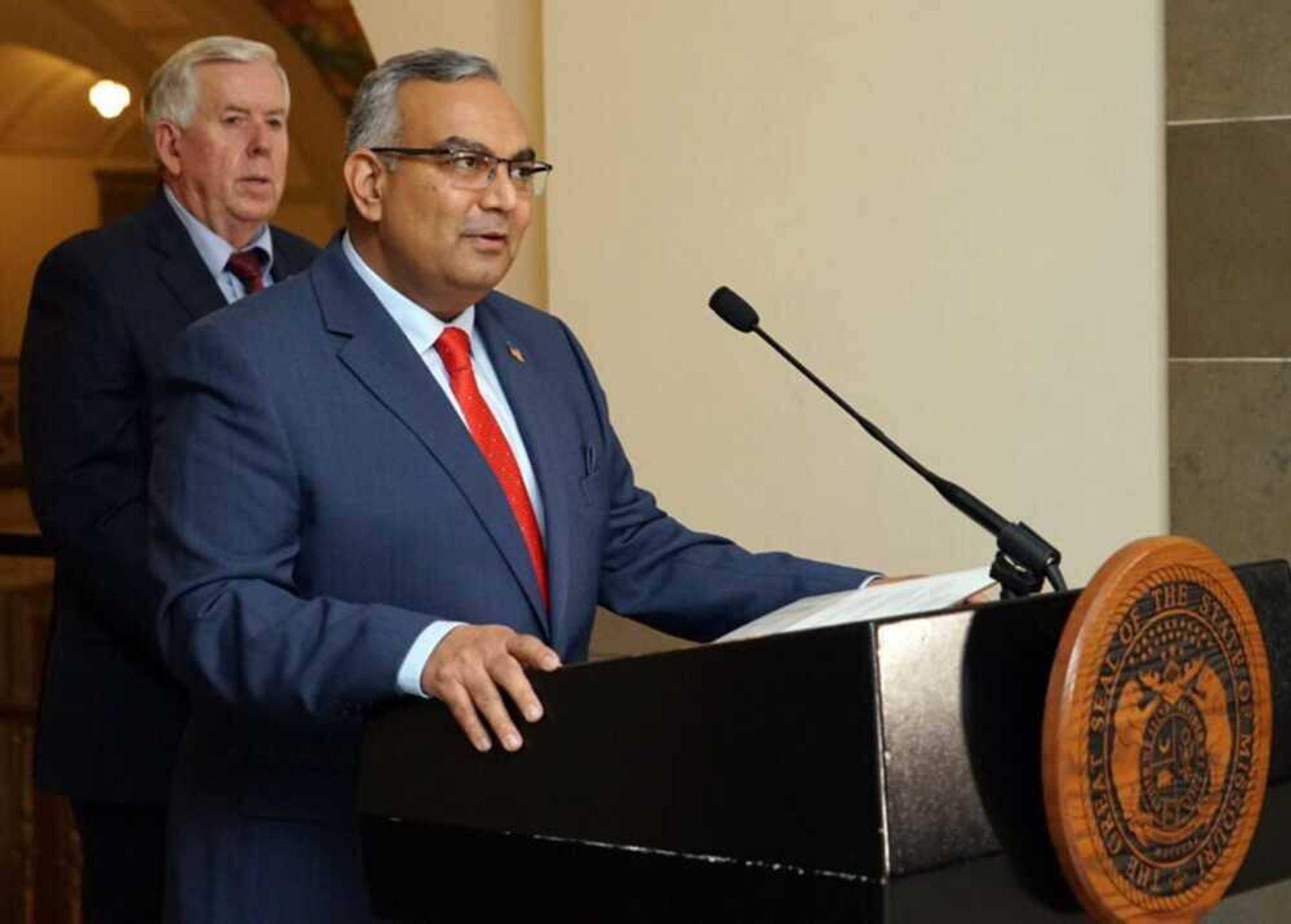
Vivek Malek Missouri State Treasurer
Early on, “leadership” meant taking care of my family — being a good husband, a good son and a good role model to my children. I was also practicing law and running a small business. That meant making payroll and training my staff. But as this great country allowed me to become successful professionally, I felt the need to give back and lead through public service.
Now, as State Treasurer, I have the opportunity to work for all six million Missourians. Now, being a leader is best described by the guiding principles for my office, what I call, the “three P’s.” Protecting taxpayers’ money, providing the opportunity for growth and promoting the promise of America.
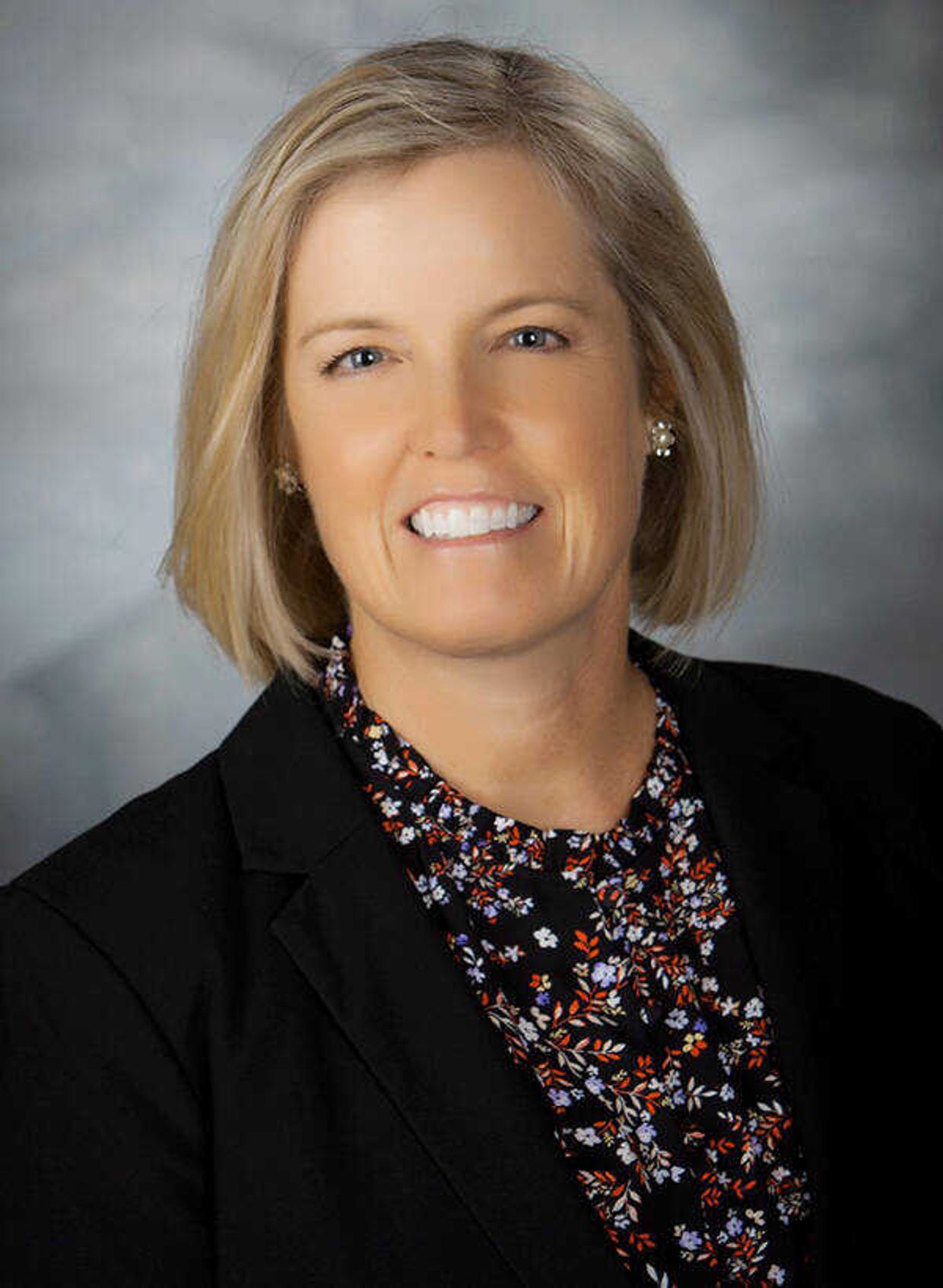
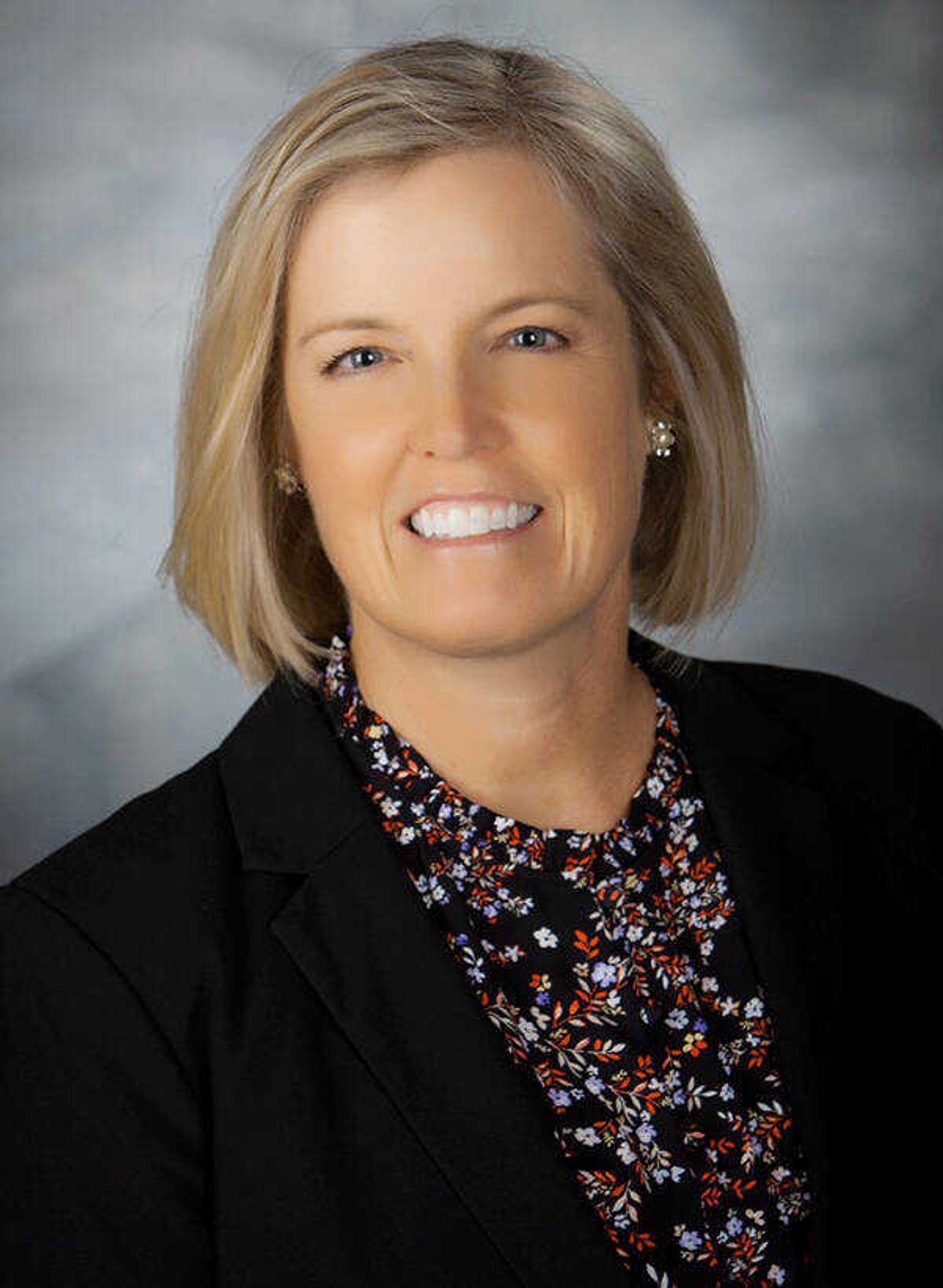
Stacy Kinder Mayor, City of Cape Girardeau
I was the annoying kid in class who always raised her hand to be the head of the group. Through hard lessons, growth in my Christian faith, and also a desire to learn as much as I could about varying leadership styles, I have refined my sense of leadership over many years to a point that I hope is effective, as I now serve as mayor.
Strong leadership is needed to produce a common mindset, which can then yield results. Without that, there is just a variety of ideas moving people in different directions. In order to accomplish results, however, some important concepts must be present.
Various takes on leadership explain that effective leaders inspire trust and compassion through honesty, integrity and example — which in turn allows for persuasion. Essential to all that, however, is humility. Humility can be described as not thinking of yourself as less than anyone else, but thinking of yourself less. In other words, if leadership is needed to help a group move in a certain direction, then effective leadership requires the leader to put the group before themselves. These are giant concepts to aspire to, for sure, and ones I try to consider daily.
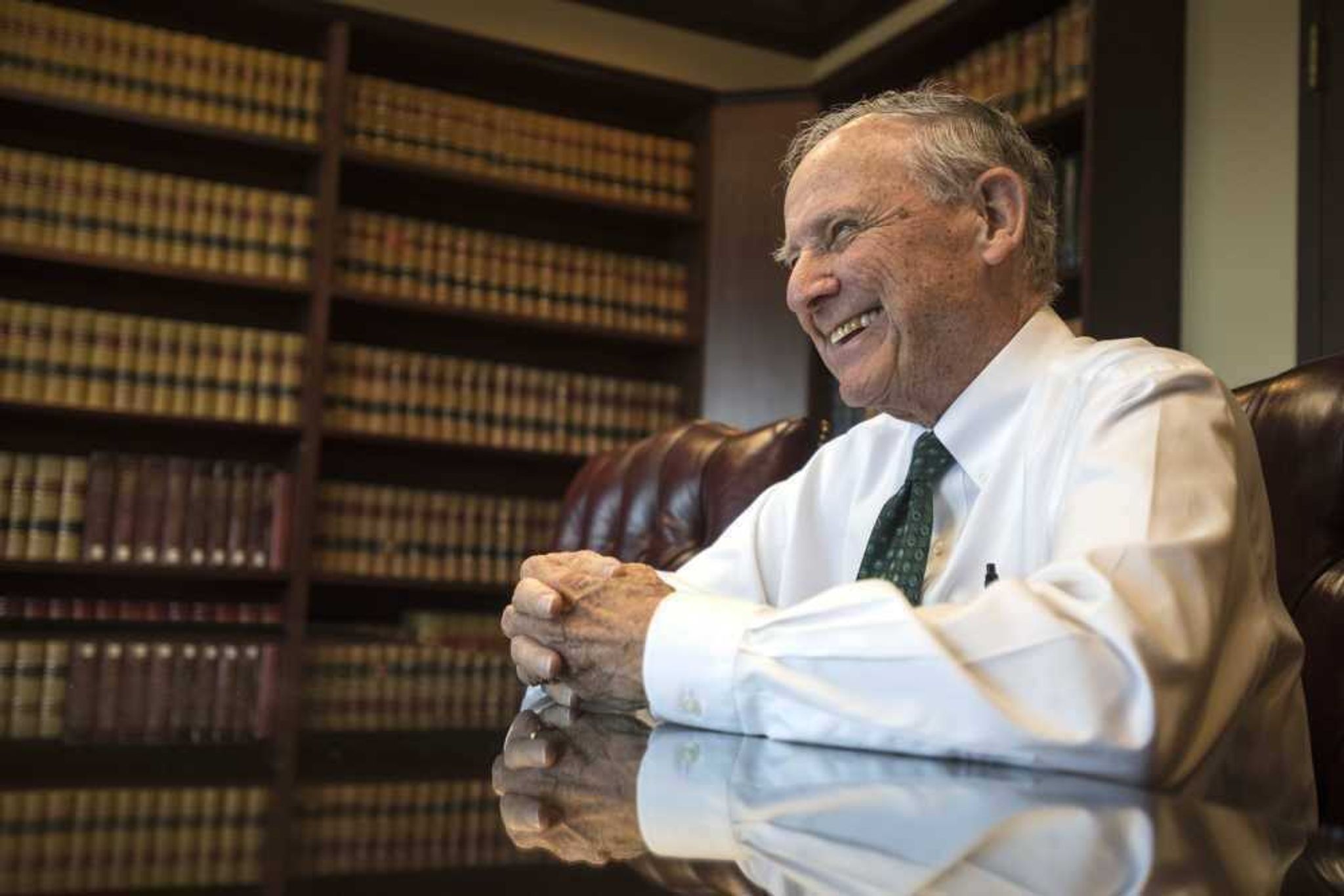
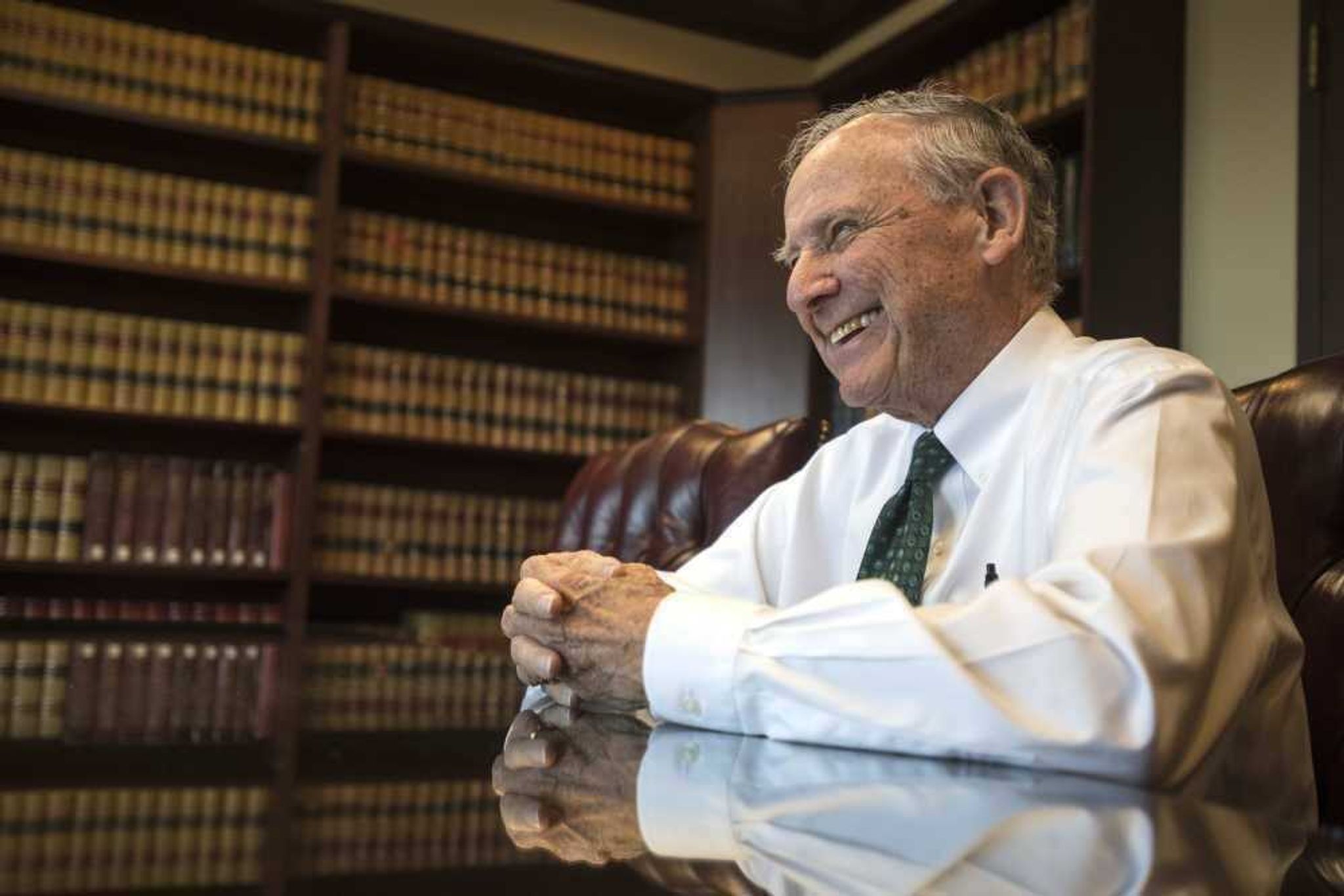
Stephen Limbaugh, Sr. Attorney (Limbaugh Law Firm) and former United States District Judge
The leaders have changed but the qualities for leadership have not. Impressive words are always helpful to be a good leader, but a person's acts are vital. Good leaders lead by example, and we have had mediocre leaders and excellent ones. The latter are easily identified by their actions. For instance, President Theodore (Teddy) Roosevelt's impressive words caused him to be the first president to win the Nobel Prize for Peace as he successfully mediated the end of a war between Russia and Japan. But he is more remembered for his personal acts of courage in fighting with his soldiers, the Rough Riders, in the Battles of San Juan in Cuba in the Spanish American War, leading by example.
[Personally], as a young lawyer in the 1950s, I learned quickly that any lawyer who sets a bad example can do harm to our system of justice. It was a clarion call always to act personally and professionally to lead by the best example you are capable of. This has not changed.
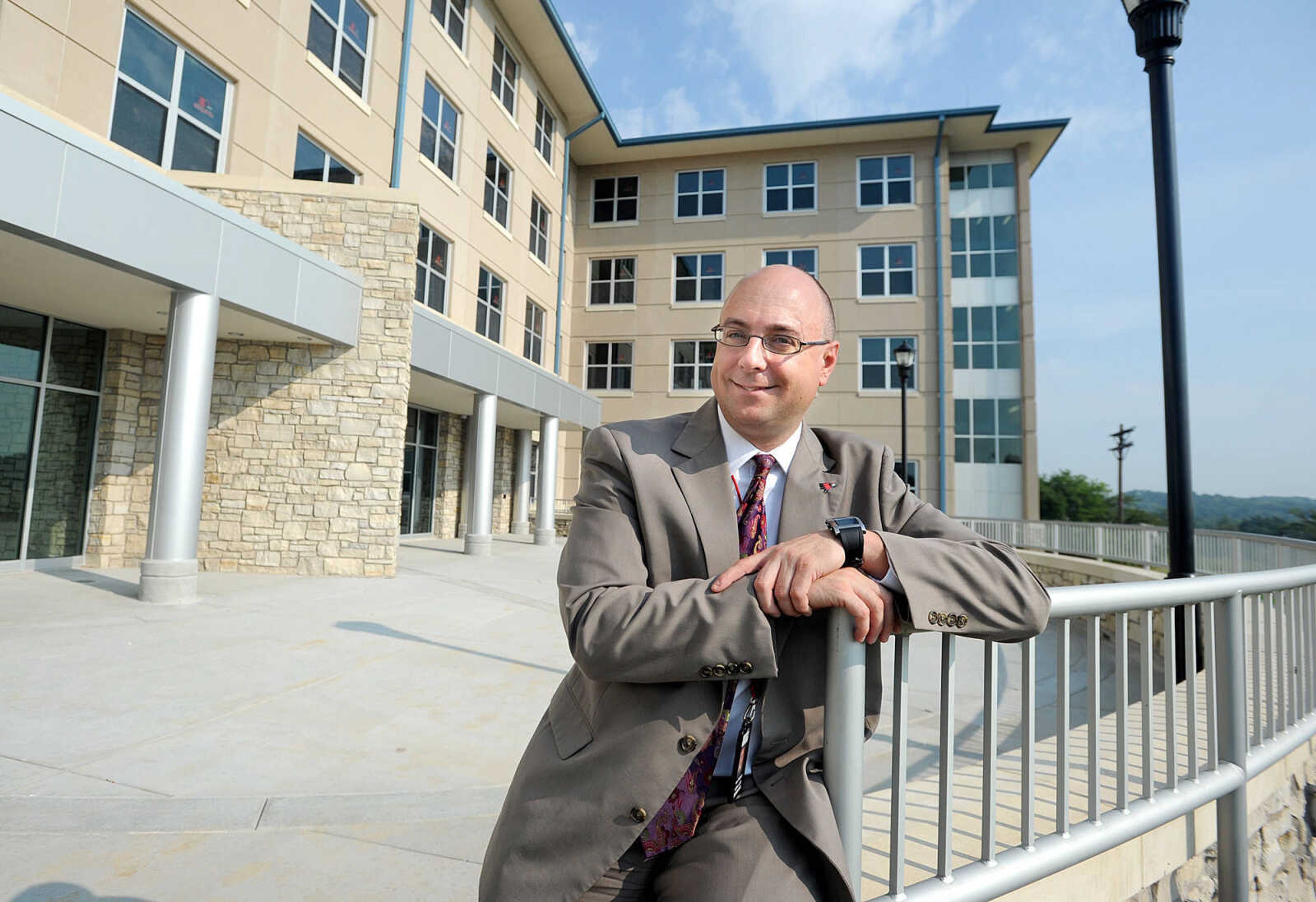
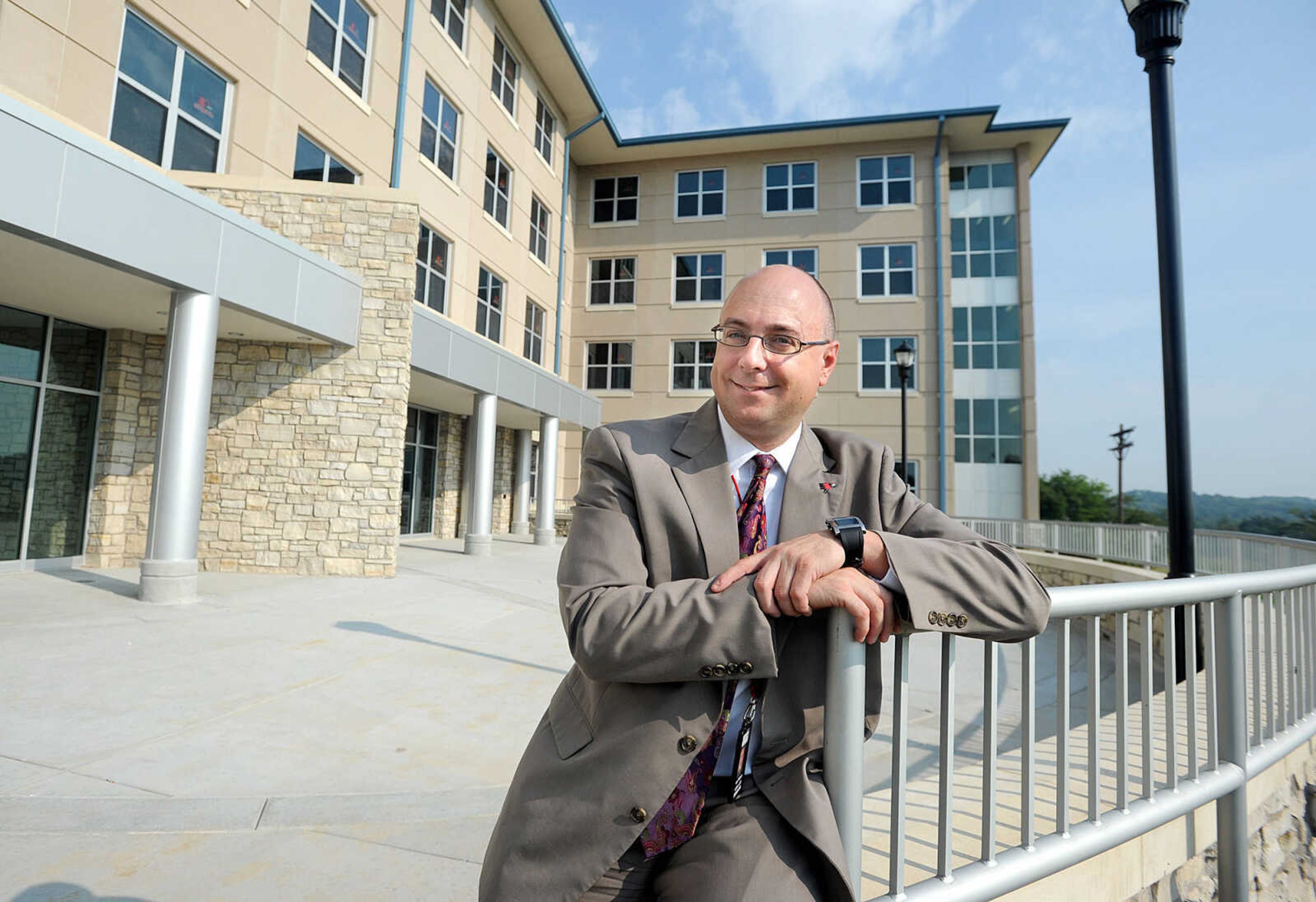
Bruce Skinner Associate vice president of student life, campus life, Southeast Missouri State University
Reflecting on how my leadership has changed, it is centered around the importance of communication and empowerment. As I’ve advanced in my career, I now lead staff who in turn lead their own teams. This creates some distance between myself and those who are most closely connected to our stakeholders — in my case these are students and families. Because of this distance, I must ensure my communication efforts extend beyond just sharing information with my direct reports. I need to provide information in such a manner that these team leaders can in turn communicate this to their team members. This requires an increased level of attention to the message, and just as importantly, an effort to try and anticipate questions these team members may have.
A second change, one that has proved to be the most rewarding and the most difficult, is to try and empower younger professionals. As a university, we have many policies and procedures to guide decision making. These procedures are helpful; however, they cannot account for every situation. One of the best examples of this throughout my career is working with our live-in residence life hall directors.
Hall directors are often young professionals who are working with our students and families everyday. Working to empower these staff to understand that if they need to make a decision that does not cleanly fit into an existing policy or procedure, they have this ability [to make a decision]. Empowering people requires a high level of trust and a willingness to accept that in some cases you may disagree with a decision. This disagreement provides an opportunity to further build trust by supporting their decision, while mentoring that staff member on why another decision may have been more appropriate.
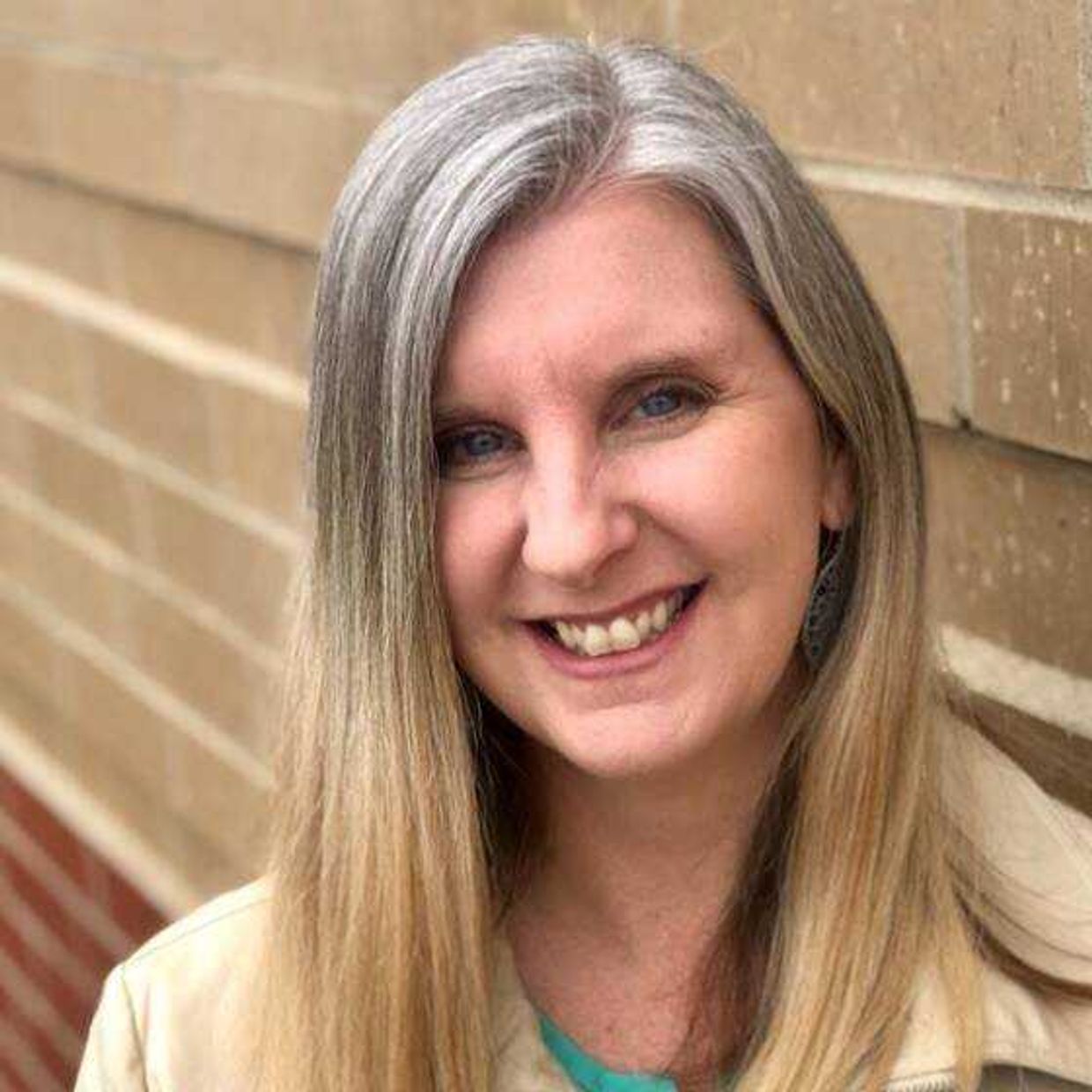
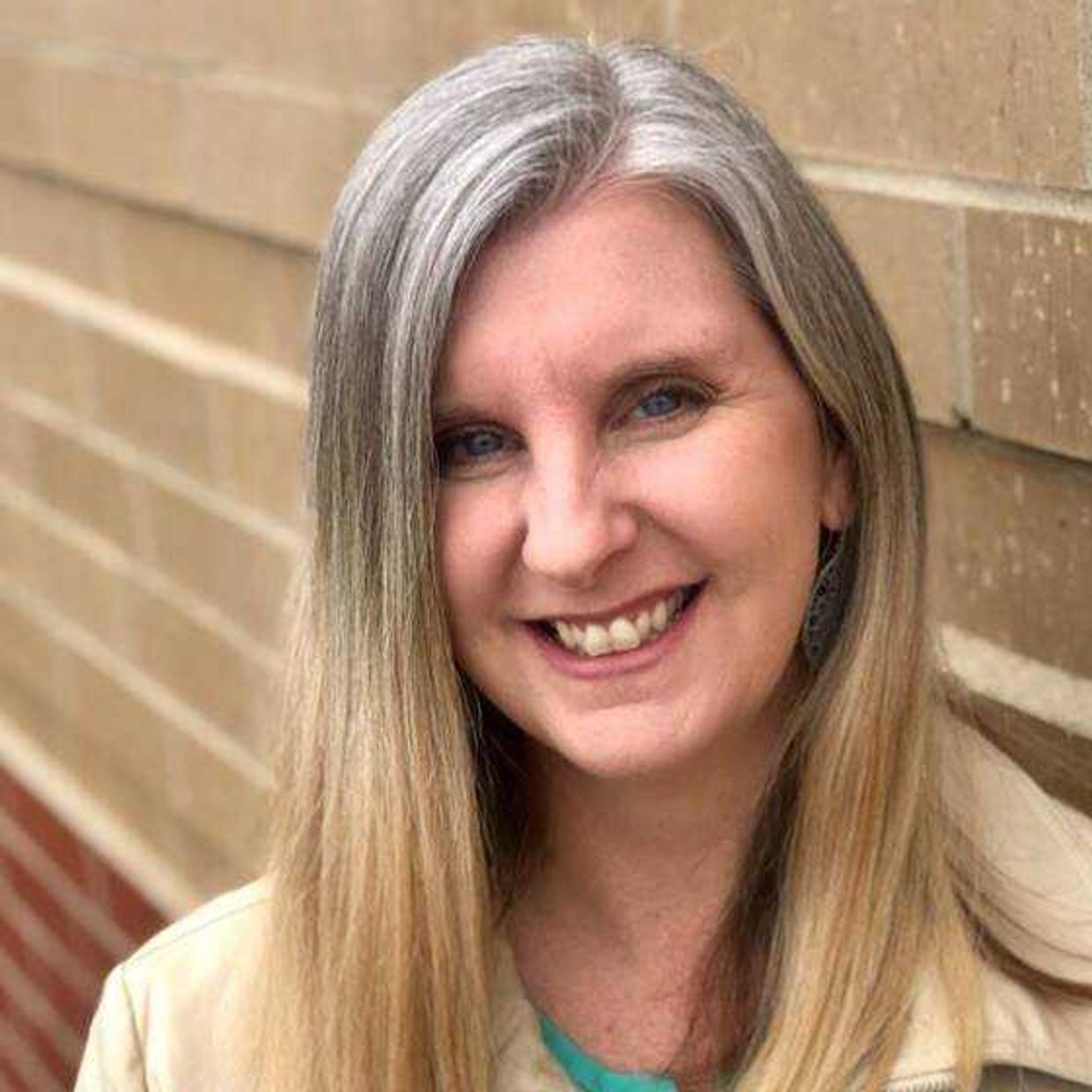
Jennifer Long Pastor, Centenary United Methodist Church
It took me a long time to recognize myself as a leader. As a stay-at-home mom for 15 years, I was always involved in various volunteer roles in my church and community, and I kept finding myself championing causes and encouraging others to join in. When I finally embraced that I actually was a leader, I began helping others see themselves as leaders. I have come to understand leadership not only as setting a vision and accomplishing a goal or influencing my corner of the world for good, but as an opportunity to empower others to live into their God-given purpose.
Now, as a pastor, I’m intentional about seeing those I lead for who they are and what they uniquely contribute to the mission. It’s about letting them experience alongside me that leadership doesn’t mean you have all the answers, but that you have enough faith to act even when you don’t have all the answers. The more they have courage to step into the unknown, the more they will begin to live into their leadership capacity and fulfill their purpose.
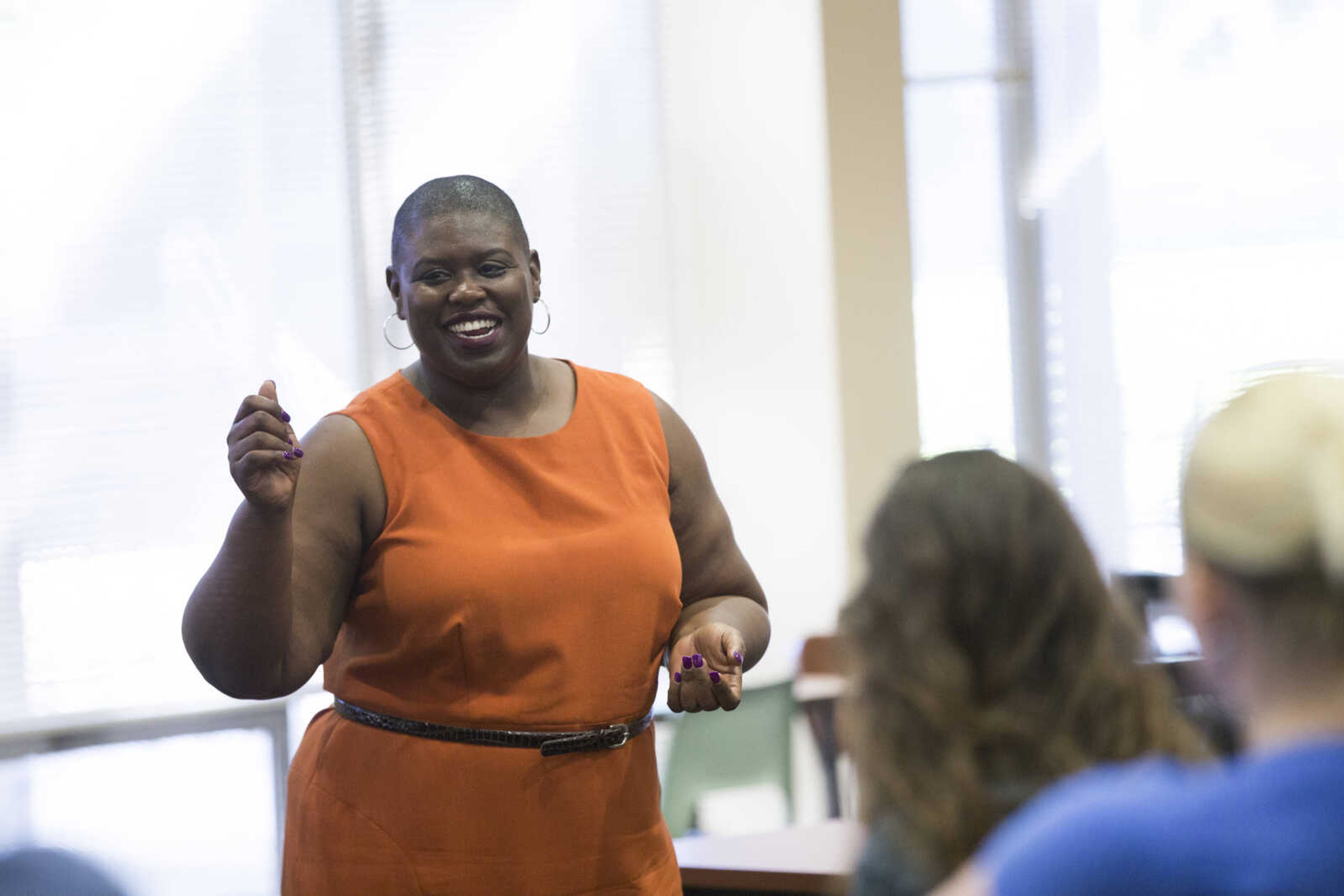
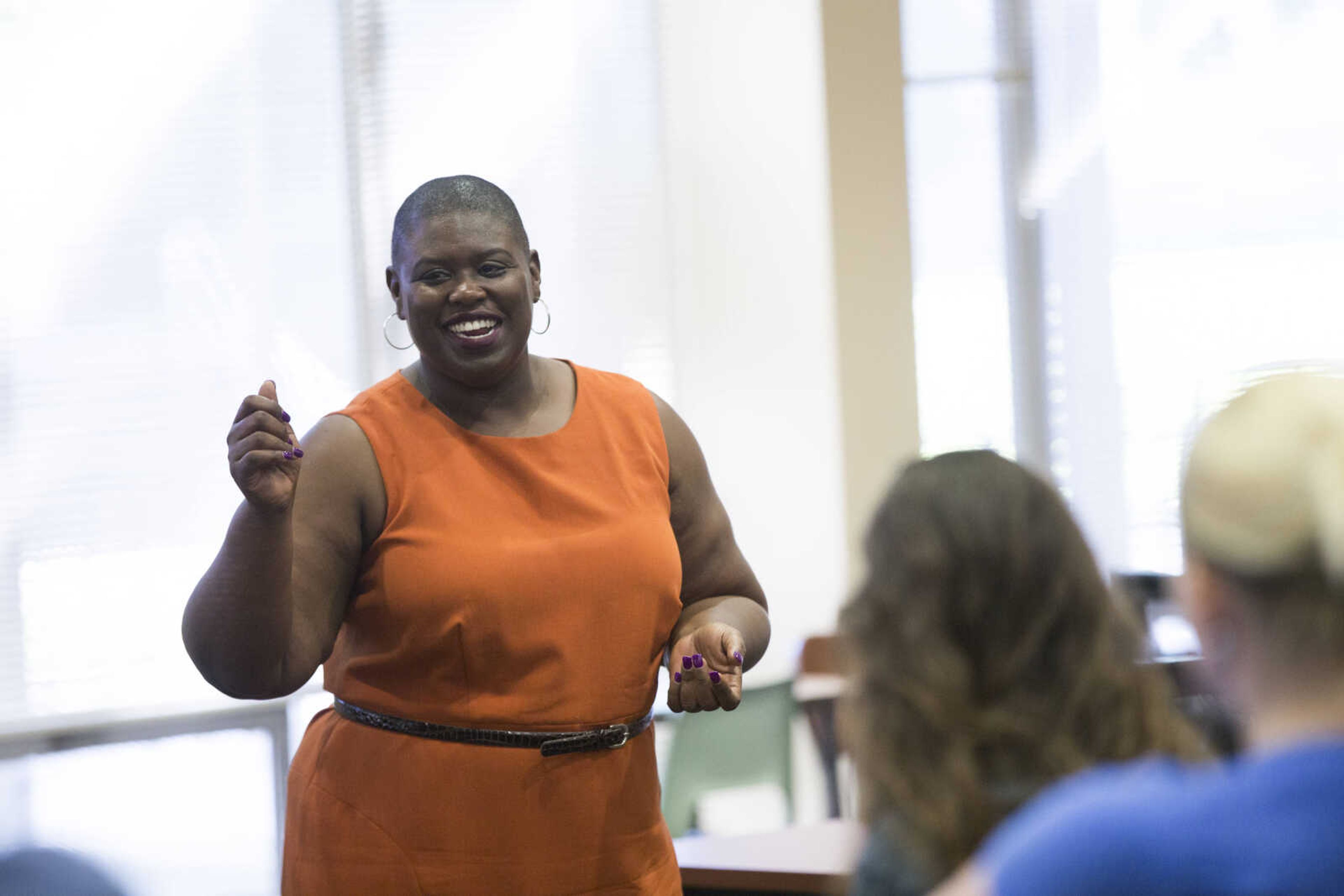
Tamara Buck Chair of Mass Media Department, professor
Southeast Missouri State University; board president — PORCH
For most of my life, I saw leadership as the act of being in charge and taking the lead. It usually was a position to be obtained, typically by being the fastest or strongest or smartest person in the room.
Interestingly, a unit in my Sunday School curriculum back in the summer of 2020 changed my perspective. We studied the Biblical definitions of wisdom and justice, and this taught me that leadership is as much relational as it is positional. Wisdom is an act that results when a person not only obtains knowledge but uses it to find and apply truth. And justice is practicing fairness and accountability in our relationships in ways that heal and restore. Putting it all together, leadership means making decisions based upon knowledge and truth in ways that heal and restore people, relationships and communities.
The goal of good leaders is to set visions that inspire people to work together and hold people individually and collectively accountable for improving their spaces, whether it’s an office, or a family or a community.
This was a great perspective for me as I became a department chair in August 2020, and it undergirds all my community work with PORCH. I’m not saying I’m always a great leader (I wish I could). However, when I find myself frustrated, or in conflict, or under great stress, I try to focus my prayers on justice and wisdom. When I do, I almost always find a way to resolve a situation in a manner that is restorative. This enables me to continue working towards a vision rather than nursing a past hurt or simply completing a task.
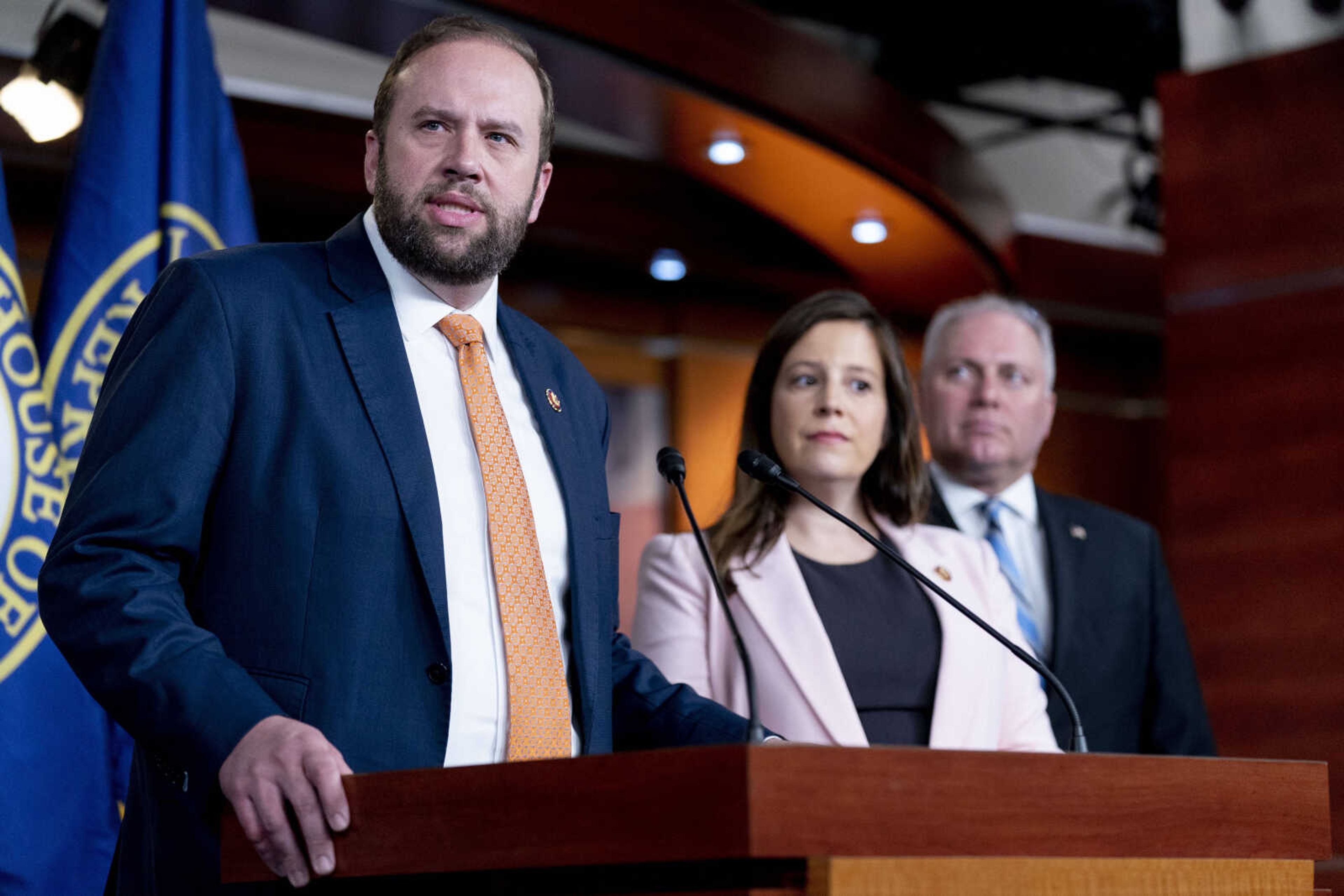
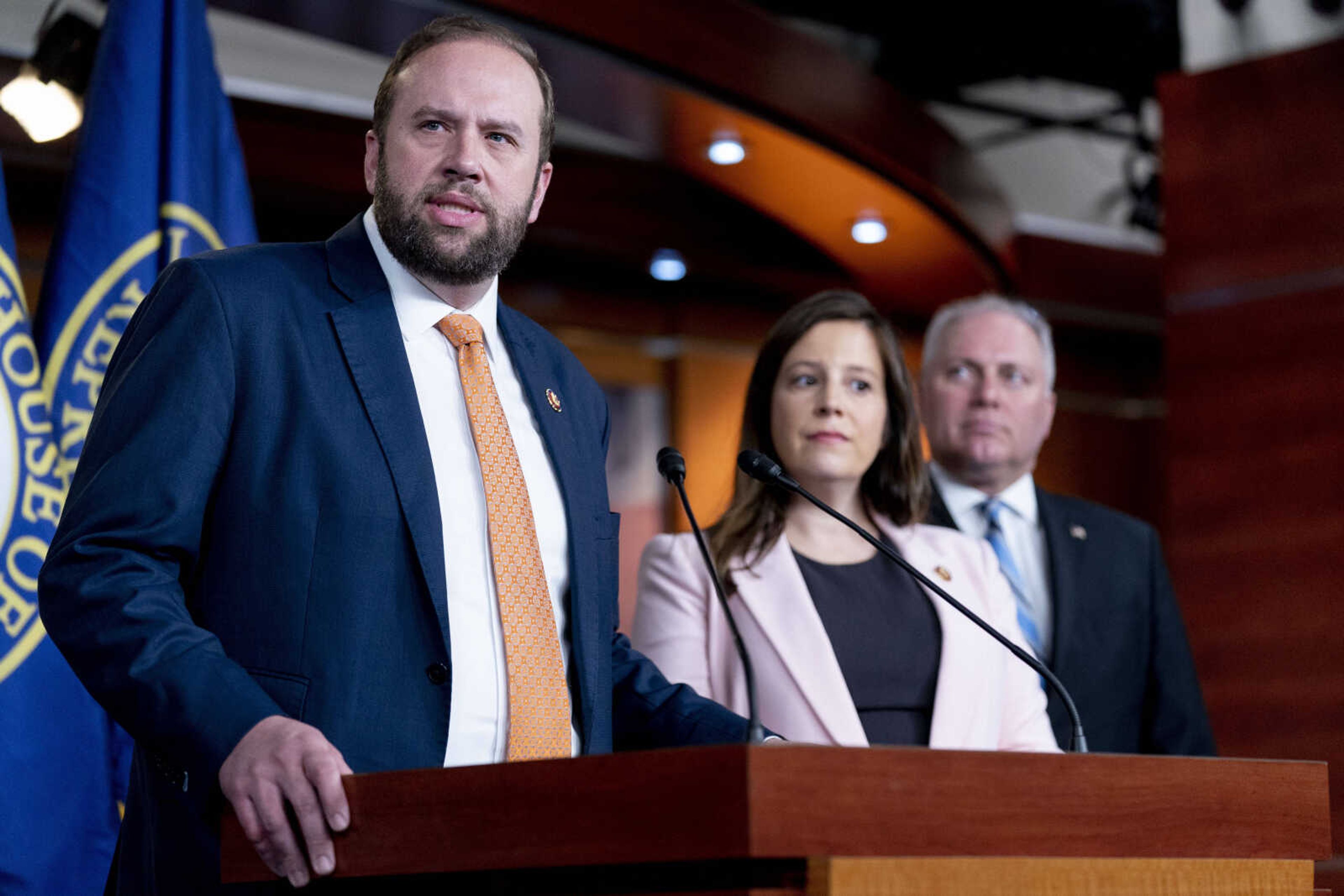
U.S. Rep. Jason Smith Missouri's 8th Congressional District Representative
United States House of Representatives
The lessons I learned serving as president of my local FFA chapter gave me invaluable insight into what it takes to be a leader. I learned early on that real leaders aren’t afraid to do what’s right, no matter how high the stakes or what the consequences may be. Whether it’s an elected official taking a position on a controversial issue or a captain of a high school football team urging his teammates to put in extra reps after practice, leaders don’t take the easy route or path of least resistance — they tackle challenges head on and inspire others to do the same.
Connect with the Southeast Missourian Newsroom:
For corrections to this story or other insights for the editor, click here. To submit a letter to the editor, click here. To learn about the Southeast Missourian’s AI Policy, click here.






